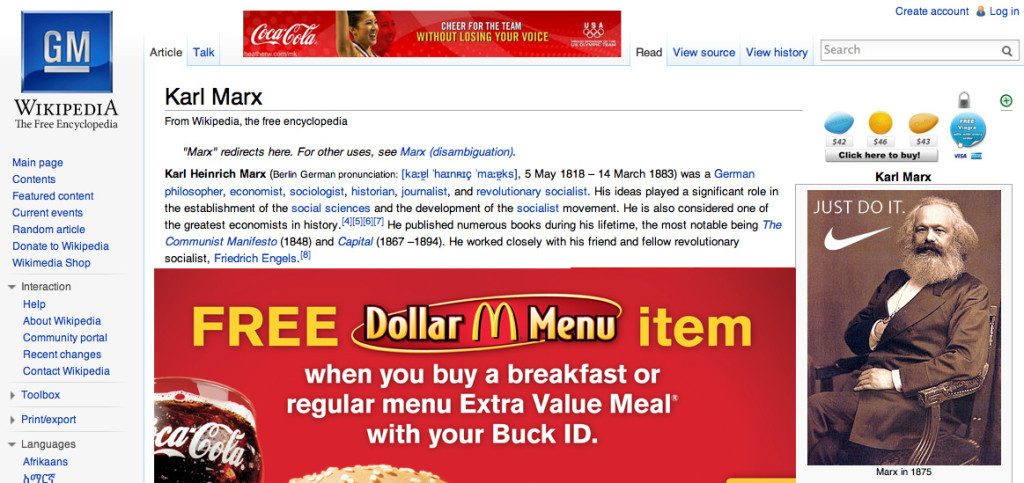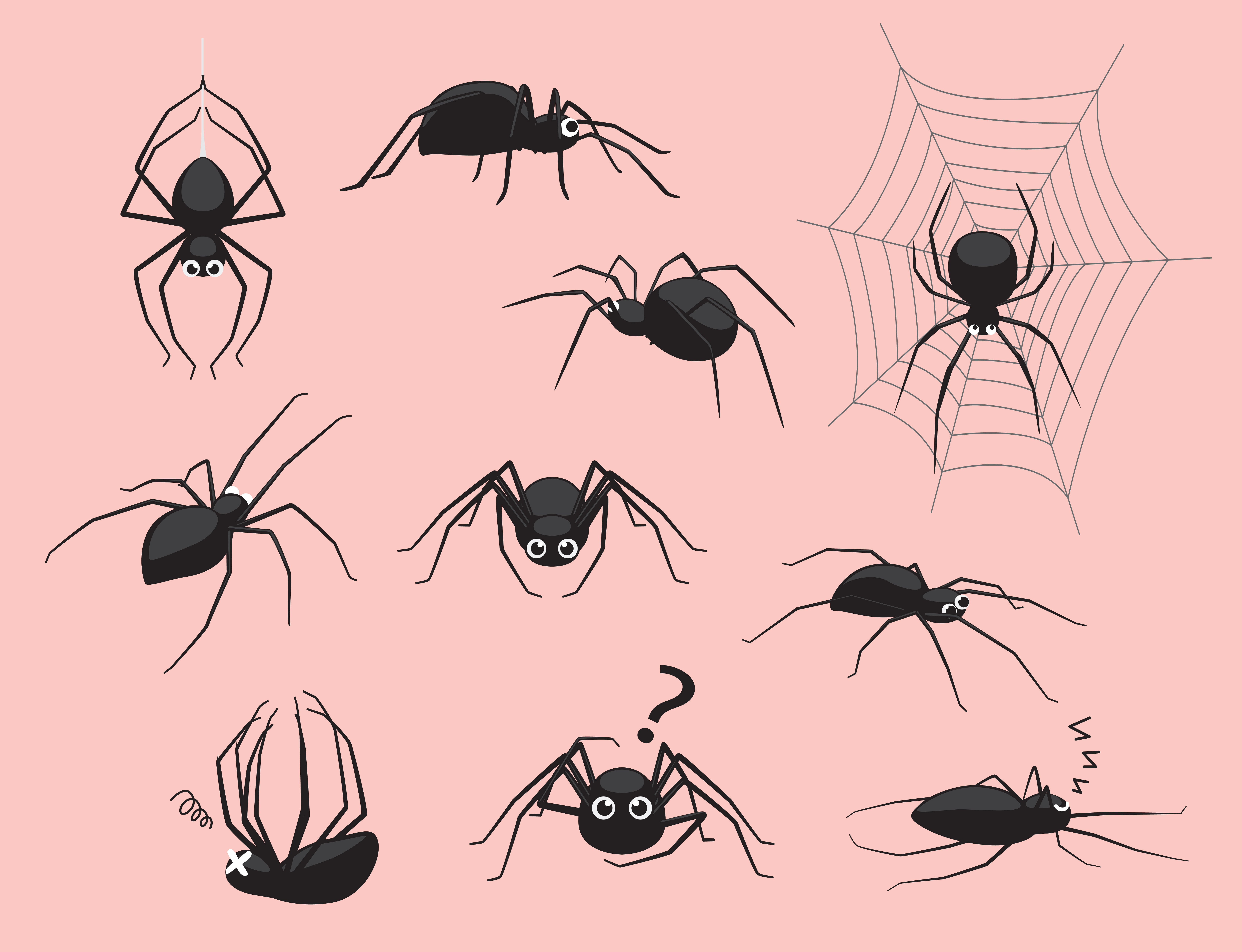Should Wikipedia bite the corporate bullet and stop asking for individual donations?
By Keating Smith, Staff Writer
Without a doubt, every student refers to Wikipedia to see what it has to offer for information on any subject they are studying. Although we do not dare cite Wikipedia as a source in our work, we tend to easily fall on the world’s fifth most popular website to gain some clarity. After all, Wikipedia is generally the first website that pops up in the list below the search bar, and its chronological layout of subject matter is easy to read and follow. Early last month, a dreadful-looking, brightly-coloured banner briefly appeared at the top of Wikipedia’s website filled with black and bold text asking you, the reader, to donate to the non-profit website. Although the website has asked for donations on an annual basis throughout the years, one has to ask whether Wikipedia should conform to the standards of many other large websites and use advertising on their webpage. This question is posed at a time when the number of advertisements displayed on several other large websites is becoming more and more overwhelming.
One could argue that advertising would simply take away from the aesthetics and the objectives of Wikipedia. Next to your search results for say, Karl Marx or Capitalism, you may find a heart-warming ad for Kraft peanut butter or some awe-inspiring ad from a prestigious university offering a convenient way for you to obtain your graduate degree. Should we view these ads as annoying inconveniences, much like we do ads on other websites like YouTube or Facebook? Or is there a much bigger question as to why corporate advertising, government funding, and Wikipedia mix about as well as water and oil?
Wikipedia conducted 24-hour blackouts on their website in both the United States and Russia last year in protest against online censorship and piracy bills both governments had effectively put in place or were in the midst of attempting to put in place. Hundreds of millions of people worldwide reacted accordingly to the blackout, making it clear that government funding and Wikipedia does not work.
Large websites operate like any other corporation, and creating a growing profit is the bottom line of their business mandate. This is not the case with Wikipedia; from the very start, founder Jimmy Wales and his associates have made it clear that they wanted to create the largest encyclopedia in history, which they have done.
Whether you feel that Wikipedia should not get a dime from you and that someone else can afford to foot their operation bill, or you feel obligated to contribute but you cannot as you are a broke student, understand that the website isn’t asking for your firstborn child as a form of payment. A simple five-dollar donation from just a fraction of Wikipedia’s users would be enough for them to pay their bills and continue being the great Internet resource that it is.



